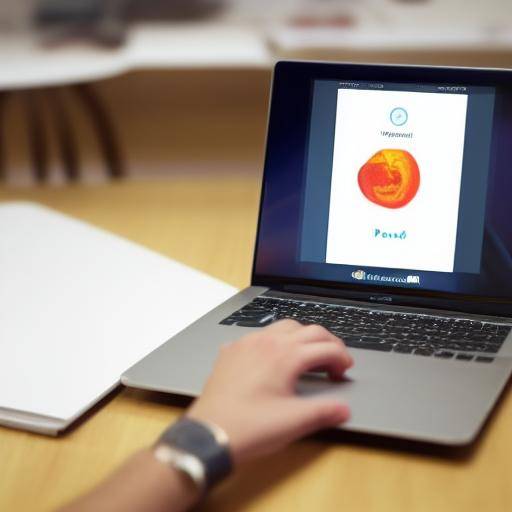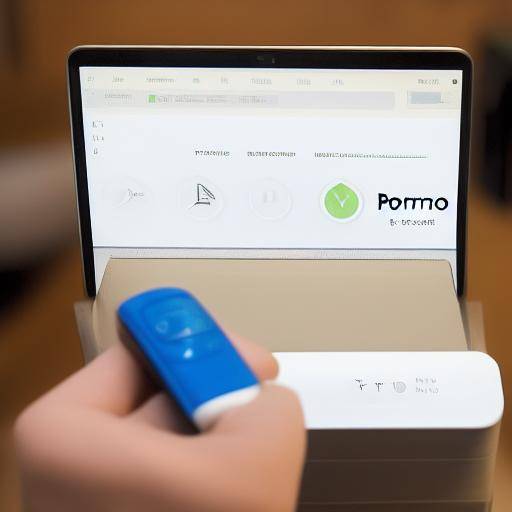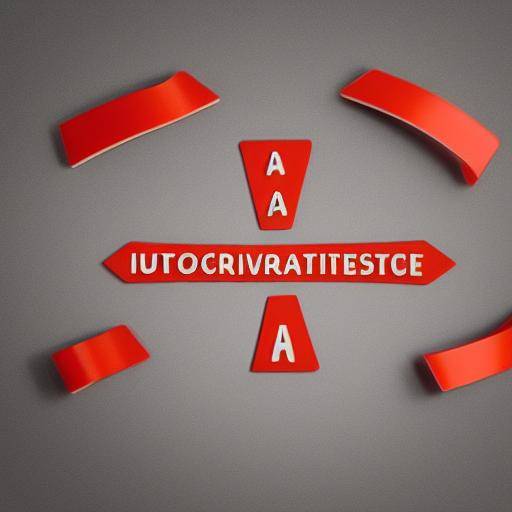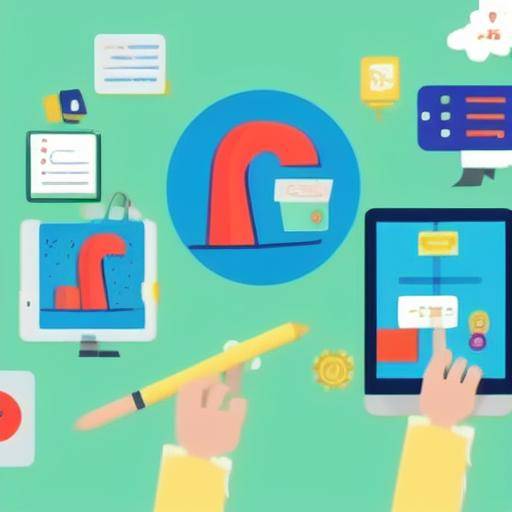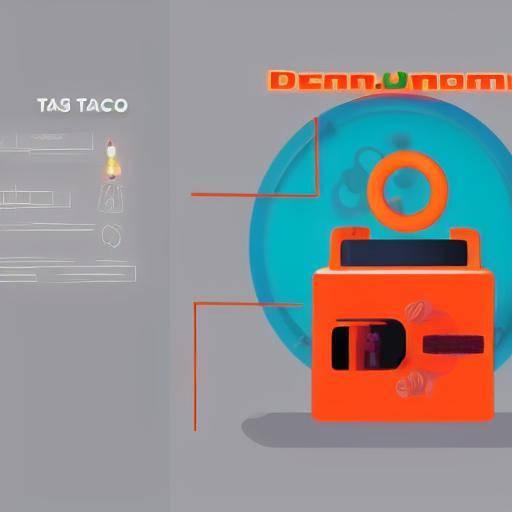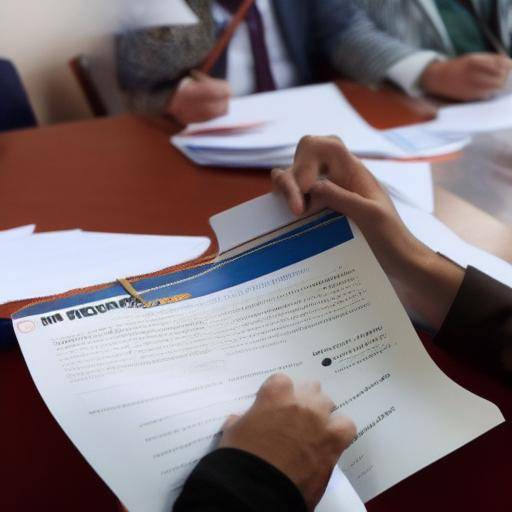
In the workplace, effective time management is crucial for productive meetings that generate tangible results. However, with so many distractions and demands, it is common for meetings to become a waste of time. Proper moderation can make the difference between a productive meeting and a waste of time. In this article, we will explore how to develop moderation skills to manage time in meetings, offering practical advice, effective strategies and inspiring experiences.
Moderation in meetings: An art to master
Moderation in meetings implies the ability to guide and facilitate discussions effectively, keeping the focus on relevant issues and ensuring the equal participation of all attendees. Successful moderation requires both interpersonal skills and a solid understanding of time management. In addition, it is essential to promote an environment in which each participant feels heard and valued.
Historical importance and evolution of moderation at meetings
To fully understand the importance of moderation in meetings, it is valuable to explore its evolution throughout history. From ancient philosophical debates to contemporary meetings in working environments, moderation has played a crucial role in facilitating constructive dialogue and decision-making.
Deep analysis of moderation and time management skills
In considering time management in the context of moderation in meetings, it is crucial to analyze in depth the skills needed to lead effective meetings. From the agenda and structure of the meeting to the techniques for managing interruptions and deviations, each aspect of moderation and time management deserves careful consideration.
Comprehensive review of established practices and expert perspectives
In reviewing current best practices in terms of moderation and time management at meetings, it is essential to consider multiple perspectives and expert views. This includes analysing case studies, providing relevant statistics and presenting real examples that illustrate the effectiveness of various techniques and approaches.
Comparative analysis: Moderation, Time Management and Effective Meetings
A detailed comparative analysis of moderation, time management and meeting effectiveness offers a clearer view of how these areas intertwine and affect each other. Understanding the similarities and differences between these disciplines is essential to optimize their application in the working context.
Practical advice and actionable advice for effective moderation
Providing readers with practical advice and actionable actions can help turn theoretical concepts into tangible applications. From strategies to prioritize topics to techniques to manage difficult debates, practical advice can be invaluable to those who seek to improve their moderation skills.
Industry perceptions and expert views on moderation and time management at meetings
Gathering industry perceptions and expert opinions on moderation and time management at meetings offers a valuable insight into current and future trends in this constantly evolving field. Expert perspectives can help better inform decisions and strategies related to moderation at meetings.
Case studies and practical applications in the real world
By presenting detailed case studies and practical applications in the real world, readers can gain a deeper understanding of how time moderation and management skills directly impact the performance and outcomes of meetings in various working environments.
Future trends and predictions related to moderation and time management
Emerging trends and future predictions related to moderation and time management at meetings offer an anticipated view of how these aspects will continue to evolve in the job landscape. Considering the opportunities and challenges that may arise can prepare professionals to adapt and thrive in an increasingly dynamic environment.
Conclusions
In short, developing moderation skills to manage time in meetings is an achievable goal with proper commitment. In understanding historical importance, current best practices and future trends, professionals can move towards more effective and productive meetings. By mastering time management and moderation skills, a positive impact is created that transcends individual meetings and contributes to the overall success of any organization.
Frequently asked questions
1. What is the importance of moderation in meetings?
Moderation in meetings is crucial to maintaining focus on relevant issues, ensuring equitable participation and facilitating effective decision-making.
2. What common challenges do moderators face in meetings?
Moderators often face challenges such as managing interruptions, managing heated debates and ensuring that the meeting adheres to the established agenda.
3. How can I improve my meeting moderation skills?
Improved moderation skills involves active listening, developing the ability to make quick decisions and keeping calm in challenging situations.
4. What is the relationship between moderation and effective time management in meetings?
Effective moderation and time management go hand in hand, as both focus on maximizing productivity and efficiency during meetings.
5. What role does technology play in moderation and time management at meetings?
Technology can be a valuable tool for moderation and time management, facilitating online collaboration, time tracking and key decision documentation.
6. What future trends can we expect in terms of moderation and time management at meetings?
Future trends are expected to focus on integrating digital tools to improve moderation and time management, as well as on adaptation to hybrid or remote working environments.
Conclusion:
The mastery of moderation skills to manage time in meetings brings significant benefits both at the individual and organizational level. By implementing the strategies and tips presented in this article, professionals can improve the effectiveness of their meetings, increase productivity and foster a collaborative and focused working environment.





















